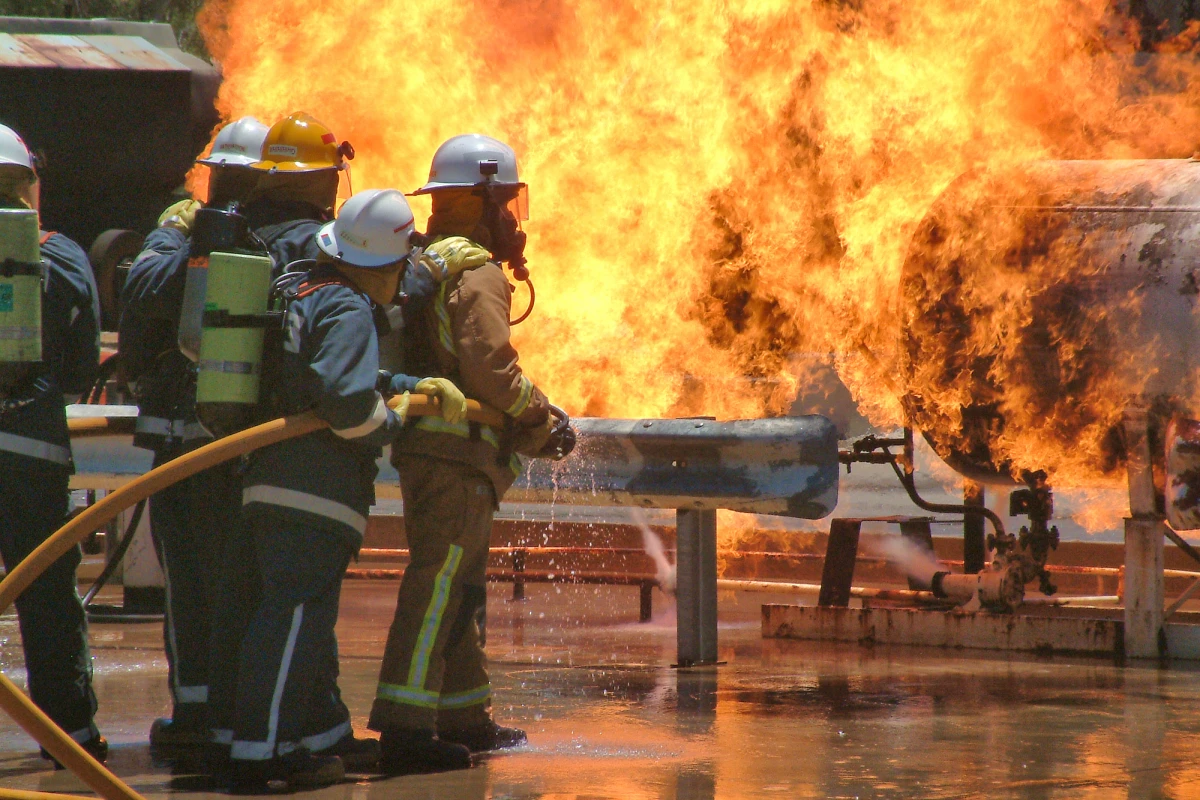As any car-chase action movie will tell you, the gasoline used in our vehicles is flammable, explosive stuff. Scientists have created a new combustible fuel, however, which stays safely non-flammable for transport and storage.
"If you throw a match into a pool of gasoline on the ground, it’s the vapor of the gas that’s burning. You can smell that vapor and you instantly know it’s volatile," said first author of the study Prithwish Biswas, a chemical engineering doctoral student at the University of California - Riverside. "If you can control the vapor, you can control whether the fuel burns."
That's where the experimental new fuel comes in.
It's made mainly of an ionic liquid, which is a liquified type of salt not unlike the sodium chloride that we know as table salt. This particular ionic liquid has been modified in such a way that it has a lower melting point than regular salt, plus it exhibits low vapor pressure. As a result, when the fuel is exposed to a flame under normal conditions, it won't ignite.
That changes, however, if an electrical current is run through the liquid. It then produces a volatile vapor that does ignite when exposed to a flame. As long as the liquid stays electrified, that vapor keeps burning. When the voltage is shut off, the burning immediately ceases.
What's more, the higher the voltage of the electrical current, the greater the amount of vapor that's produced, and thus the more intense the flame. This functionality could conceivably serve the same role as a throttling system in an engine.
The scientists are now trying to determine the fuel's efficiency, and the types of engines in which it could be used – keep in mind, the fuel will have to stay electrified for as long as the engine is running. It could conceivably also be added to existing fuels, making them "fire-safe," although more research is required to see how feasible this will be.
"The fuel we’re normally using is not very safe. It evaporates and could ignite, and it’s difficult to stop that," said doctoral student Yujie Wang, co-author of the study. "It is much easier to control the flammability of our fuel and stop it from burning when we remove voltage."
A paper on the research, which also involved UC Riverside's Prof. Michael Zachariah, was recently published in The Journal of the American Chemical Society.
Source: UC Riverside




